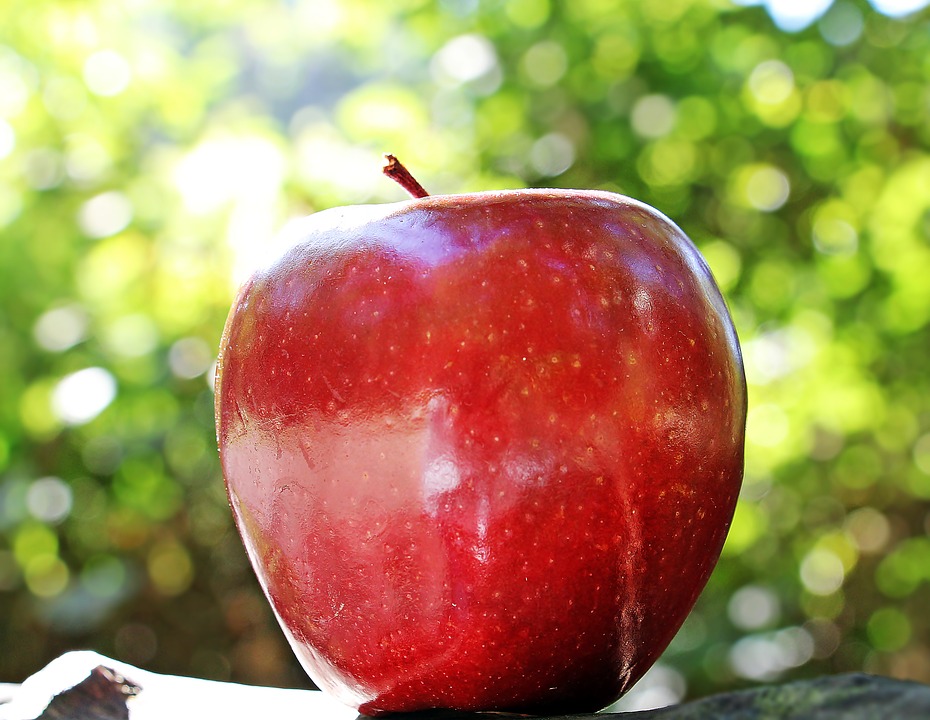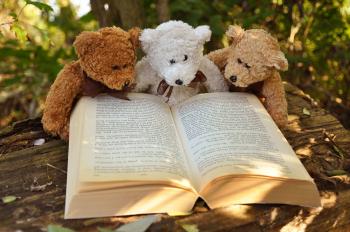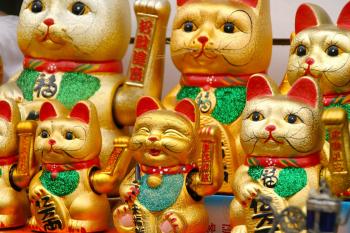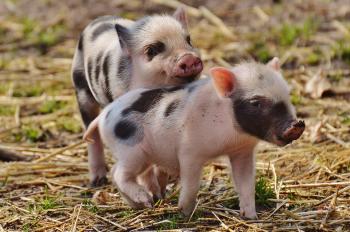Users Who Spiked

THE MORAL OF SNOW WHITE AND THE SEVEN DWARVES
Private Notes
Private Notes
Notes
We all know the story of Snow White and the Seven Dwarves, popularized by Disney in several iterations: that famous full-length feature cartoon (first of its kind), and recently a live action version, not to mention several other less magical versions crafted by others, even one in the horror genre.
But did you ever stop to consider that this story about a beautiful princess and her evil stepmother also alludes to the process of overcoming jealousy and finding psychic wholeness?
Read by itself, the story doesn’t necessarily seem to have a moral, other than that somehow the wicked get punished and the innocent get rescued by a Prince.
But if you’re looking for a more grounded ethical implication to the story that you can sink your teeth into, let’s take a Jungian look at the fairytale to pull out a hidden message.
The Story
In case you’ve forgotten it, here’s a summary:
Snow white is born to a mother who wants a daughter with black hair, fair white skin, and red lips. Unfortunately, the mother passes away. The wicked stepmother is jealous of Snow White’s beauty, so she has a huntsman take Snow White into the woods to kill her. The huntsman has pity on the girl, lets her run away.
Snow White finds a cabin with seven dwarves, and settles down to be their maid. The evil stepmother queen learns from her magic mirror (mirror, mirror, on the wall, who is the fairest of them all) that Snow White is still the most beautiful, and therefore, still alive.
The evil queen is actually also a witch, and she tries a number of tricks to try and kill Snow White. Disguised as a peddler, she sells her a bodice and attempts to strangle her with it. The dwarves find Snow White and rip it off just in time. The witch tries to sell Snow White a poisoned comb, but the dwarves come home in time to pull it out.
Finally, she attempts to give Snow White a poisoned apple, and she succeeds in getting her to eat it. A piece of the apple gets stuck in her throat, and the dwarves think she is dead.
A prince comes along who is so enchanted by her beauty, that he wants her transported to his castle in a glass coffin so he can gaze at her.
While moving her, the dwarves trip, and the apple gets dislodged. Snow White wakes up from her deep slumber, the prince kisses her, and they all live happily ever after.
The Meaning
The queen represents the idea of insecurity and self absorption. She is always asking the mirror on the wall who is the fairest of them all. She’s so jealous of Snow White, she even sends her off into the woods to be murdered by a huntsman.
In more graphic versions of the tale, she asks the Huntsman to bring back Snow White’s heart, perhaps suggesting the idea of consuming Snow White and imbibing her positive qualities, a sort of kidnapping of another person’s character traits through cannibalism.
The huntsman doesn’t have the heart to cut out Snow White’s heart, however, so he brings the queen the heart of a pig. You are what you eat, they say.
The three items the witch uses to try and kill Snow White bear resemblance to the traits the mother prayed her daughter would have. The apple is red, the comb is black, and the bodice is white. Snow white’s true mother had prayed her daughter would be a beautiful girl with red lips, fair white skin, and black ebony hair.
Looking at the bigger picture between Snow White and the step-mother, we see that the queen took positive qualities (symbolized by Snow White’s looks) and turned them into items of death, showing us the negative power of jealousy to turn beauty into ugliness.
It’s a message to take home for ourselves: when we are doubtful and self absorbed, even our positive qualities can be transformed into items of destruction and harm.
On the other hand, when we act like ourselves and are happy with who we are and what we’ve got, our positive qualities can shine out and attract the prince, who represents the idea of completion and psychic wholeness (in Jungian terms, male and female energies coming together).
Once we become whole, suggested by the idea of the Prince kissing Snow White and their ensuing happily-ever-after marriage, the parts of ourselves that have been “sleeping” for a long time become awakened and we can fully live as we are meant to, reaching our greatest potential.
Comments
Please login to post comments on this story
-
when we are doubtful and self absorbed, even our positive qualities can be transformed into items of destruction and harm.
Great observation and so true. -
Charles, thank you for sharing this piece. I think that it is a message every person should read. When we allow evil intent to darken our character, we are essentially giving up the good we possess. This good is easily replaced, but to regain it can take a lifetime. The darkness one allows to enter their mind will infest the good. Leaving one to struggle an internal battle that will take an even greater toll than the cause of our discontent ever could. Wonderful. Have a great week.
-
Very insightful! Great piece!
-
Thanks Miranda, glad you liked the idea
-


























thanks Mary, happy you appreciated these thoughts